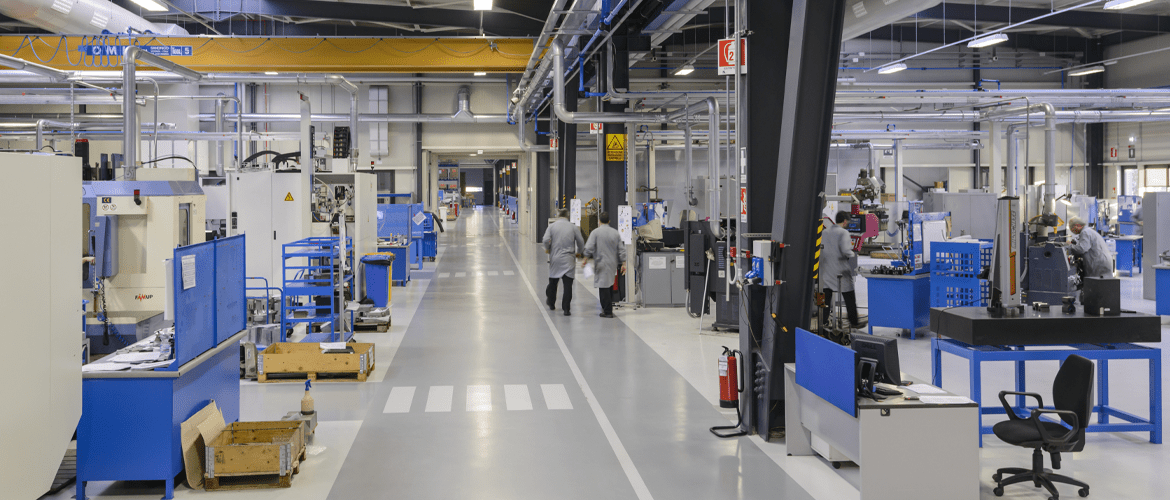Remember a few years ago when geek became chic? No, me neither, but apparently it did and programmers became cool and among the best paid people in Silicon Valley. It takes a lot of people to bring a product to market, starting with the innovator having the light bulb moment and ending with the FedEx man delivering that hover-board to your door. Between those two people are all kinds of professionals doing sterling work to make sure what you receive reflects the genius of the inventor and the needs of you the customer.
But who are the people who'll be most in demand in 2015?
For me there are two main areas of expertise that will be in demand and probably in short supply. The first is supply chain management and the second is data management or data mining.
Taking supply chain first. You've read plenty about the importance of supply chain in the industry, and if you've been reading my columns you'll be aware this is an area of much thought and consideration from what I see in the market place.
Good supply chain management is a rare commodity and needs some very varied skills. It combines some talents that one might think of as counter intuitive. It requires creativity and diligence, not skills often found in the same person. You want the detailed focus of the auditor combined with the imagination of the marketing manager, and we know those two aren't alike. And that's only one example of the muster position of the supply chain managers skill set.
Supply chain managers need to be mindful of so many things and their work will impact throughout the value chain. Corporate social and environmental responsibility (CSER) is just one area of impact that the supply chain manager has to consider. Decisions made in the supply chain and processes employed will impact not only on those that make your product, but also on those who provide your outsourced partners with materials, be they processors or the tin for the solder to assemble them to the printed circuit board.
So give those supply chain managers a pay rise, provide them with the tools they need to do their jobs better and get them involved from the early conceptualization of a product all the way to the end of that products life. When I say tools to do their jobs better I mean data and I mean visibility. Combining the right skills with an open data protocol is the only way supply chain management can really function well. And trust me, when it does function well it will save you money, reduce your stress, grow your business and give you the control you want to drive your business forward.
So what about the data?
Having established the importance of good supply chain management enabled by data we need to consider what data and how that data is presented. That's where our second key role comes in! Data is everywhere, and thanks to the Internet of Manufacturing (IoM) and Industry 4.0 we have the ability to harvest massive amounts of data. But of itself data is only valuable if it can be used to learn, react or process and this can only happen when the data is mined and presented in the right way.
Data miners need to be able to look at huge spreadsheets or data and see trends, identify warning signs and create reports or 'what if' scenarios that allow management to make good decisions.
These miners have an interesting skill set. Some strong math skills, that unique ability to look at a list of numbers and understand when something stands out or doesn't look right. The ability to create algorithms that will create alerts when they're needed and the skill to know what might happen in multiple scenarios from supply chortles to shipping challenges or price spikes in commodities.
Our two professional careers are very closely linked and when working together harmoniously will form an impressive team. They will be fundamental to your business achieving its goals whether you are a brand, a product fulfillment business (or EMS), or a supplier. Equally importantly they are fundamental to making your business better, through manufacturing excellence, better supply chain, better economics, stronger brand position, and a smoother less stressful operation.
Sign up for our blog
Stay up-to-date on the latest in manufacturing trends, insights and best practices.





